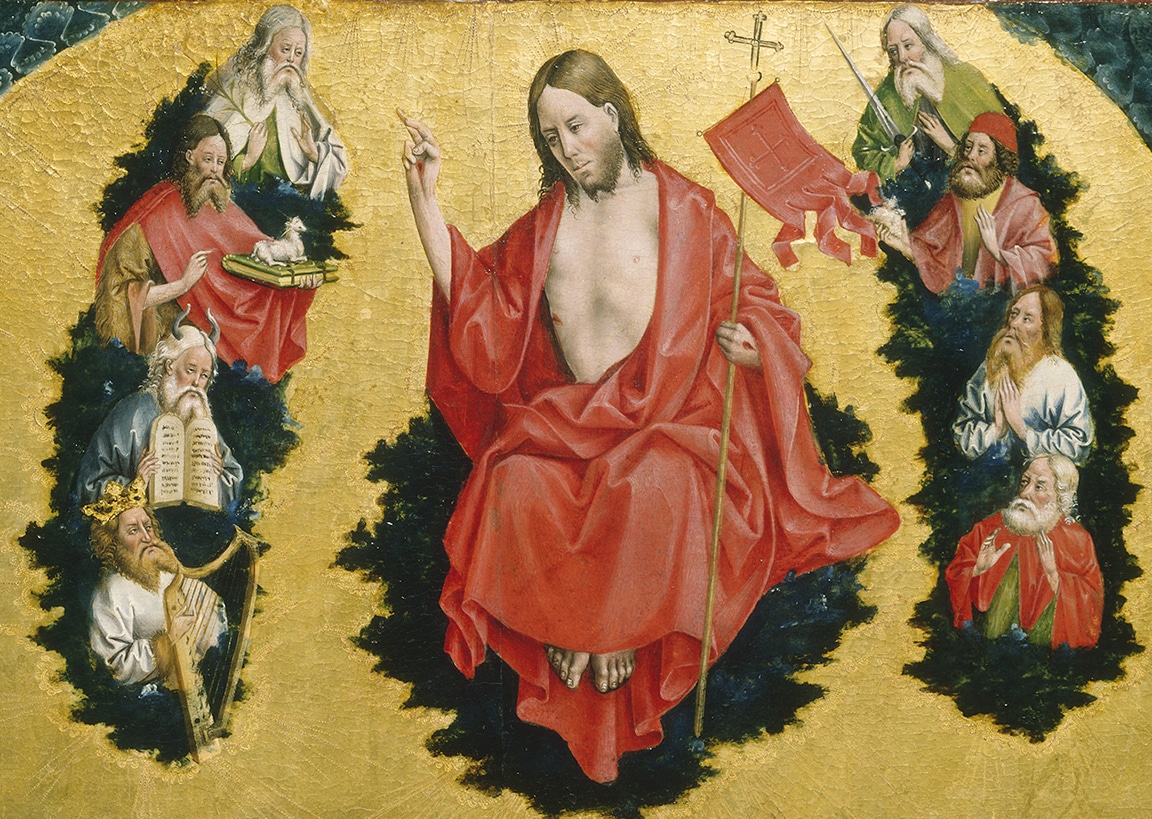Just before his ascension, Jesus gave his disciples a relatively specific itinerary. He said that after receiving the gift of the Holy Spirit at Pentecost, they would be his “witnesses in Jerusalem, throughout Judea and Samaria, and to the ends of the earth” (Acts 1:8). That is, the disciples will head north and then beyond.
Panning out from this verse, ones sees that such is indeed the path the story takes throughout the rest of Acts: Jerusalem, Judea and Samaria followed by the mission to the gentiles into Antioch, Phoenicia and Cyprus by Chapter 11, and then, alongside Paul, onto the city of Rome by the end of it. Luke’s story is not simply evangelical, it’s geographical. That’s the point I’m trying to underline, for it’s a detail full of spiritual truth still very much in play. Because, of course, the Holy Spirit, whom Jesus said would be the cause of that itinerary, is still very much at work, still active. Because the itinerary itself isn’t yet concluded. Because, in a sense, Acts of the Apostles isn’t yet ended.
It is remarkable to think that what began in Jerusalem (cf. Lk 24:47) made its way to you and to me. From Jerusalem to Rome to Europe or India or Africa and then eventually to me here in Dallas and you wherever you are, the Christian itinerary eventually included me and even you. Again, I just find that astounding to consider — that throughline, that spiritual thread, that connection. It’s just something that makes the faith a little bit more tangible for me, even at times a little more real.
I am a believer now as they were believers then, and between us were more believers than can be numbered. But we are each connected in the Holy Spirit and to each other across time and space. That is, the story is not just historical or geographical. The story is also spiritual. The Holy Spirit is the connector and the connection. You can almost feel it. Forgive my meandering, but I’m trying to describe the spiritual truth I said was still in play. We in the Church are all connected, all of us, both living and dead. Because, again, the story isn’t over. What Jesus said would happen in the first chapter of Acts is still unfolding.
| May 12 – Solemnity of the Ascension of the Lord |
|---|
|
Acts 1:1-11 Ps 47:2-3, 6-7, 8-9 Eph 1:17-23 Mk 16:15-20 |
We are used to understanding the Christian life in terms of pilgrimage, to talk of the soul’s journey to heaven, from earth through purgatory into paradise. That’s the fundamental Christian journey, what every earthly pilgrimage imitates — the soul’s exodus, its return. St. Augustine said it was a journey not from “place to place” but a journey of love, a return to our native country. St. Bonaventure called it a journey of the mind to God. Many saints have talked about it in many ways.
The itinerary
But there is another journey, this one I’m trying to describe. And it is intimately related to that more fundamental Christian pilgrimage we all know. It’s what I’m calling the itinerary, the redemptive journey of trinitarian God, which includes creation and redemption, incarnation, and Pentecost. It’s what theologians sometimes call the missio Dei. And again, I have nothing more profound to say about it than it amazes me to think that such a mission would ever include me, that it would ever include any of us. Because, I guess, amazing grace, to save a wretch like me.
And again, it’s important to remember that this is what Jesus was talking about the moment he ascended. In the very next verse, Luke writes, “When he had said this, as they were looking on, he was lifted up” (Acts 1:9). That’s why I’m talking about it — what I’m calling the itinerary — because it helps us understand why the Ascension is important, how it matters to us.
The solemnity of the Ascension is one of those solemnities of the Church we sometimes forget about or fail to appreciate, but which, in fact, is key to our seeing just how we fit into God’s plan. That’s why this solemnity matters, why it should be celebrated properly, why you and I should contemplate it in wonder. Because it is a solemnity that involves us directly, a solemnity that begins with us and is perfected in us insofar as we are spiritual people — spiritual enough to see it, spiritual enough to ask what our part in this itinerary is, spiritual enough to ask where the Lord may send us. Because what began in Jerusalem continues wherever you are.





